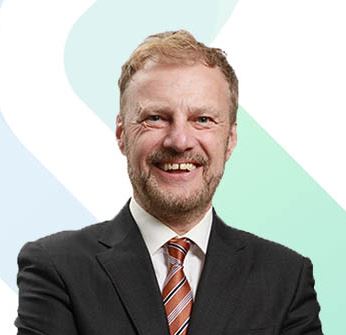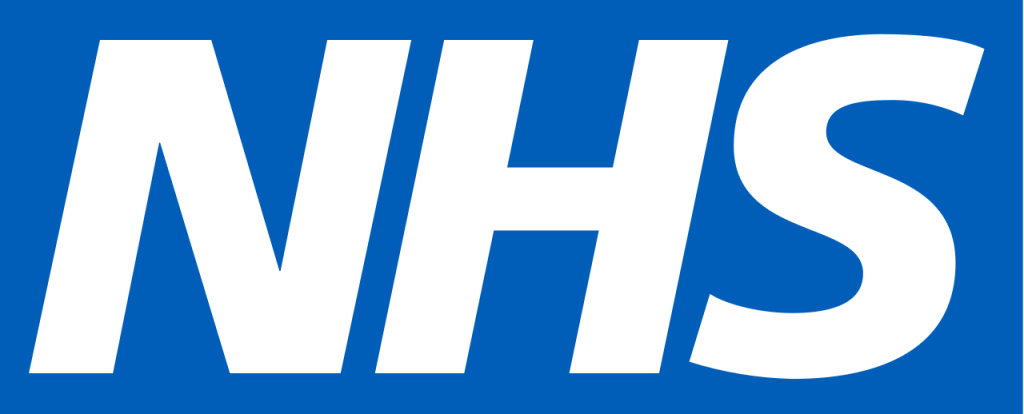
Dr Andrew Coley, Chief Clinical Officer, NHS Clinical Leaders Network
As I reflect on the Darzi Report and recent interventions from Secretary of State for Health and Social Care, Rt Hon Wes Streeting MP, it is clear that we are indeed dealing with a “broken NHS.”
It is a phrase we are hearing and whilst it is a dramatic choice of words, in my view it does highlight how severe the issues are in our health and care system. This is true for patients and citizens but also our staff and organisations.
The fact is, the NHS is at a pivotal moment; we need to address the issues at its core if we are to build a future that truly works for patients, staff and the public. I have been heartened in particular, in my role within the NHS Clinical Leaders Network (CLN) with the commitment to taking the Darzi Report’s findings head-on and not ducking the tough challenges.
It is a conversation that is gaining long-overdue prominence, with the likes of the Tony Blair Institute for Global Change also contributing 6 key priorities from 2023 for the future of the NHS and in addition the TBI has been asked to work on a response to the recently published Darzi Report.
It’s time for real, lasting change and we all have a part to play. But it starts with the recognition of some hugely important factors:
Something I’ve believed in throughout my career is that high-quality professional leadership, both clinical and non-clinical, is absolutely vital for the future of the NHS.
When leaders become stressed, they can often go into “control mode,” micromanaging instead of truly “leading”. So we need leaders who are capable of sharing responsibility, creating environments that are conducive to open dialogue and working within the realities of their resourcing environment.
They are the ones who will ultimately deliver the solutions, even as the structures around them change.
The concept of the “burning platform” is something that many NHS leaders will be familiar with. But right now, it’s never been more relevant.
Quite simply, we’re in a crisis situation and the continued urgency to act has never been greater.
Streeting and Darzi both recognise that we can’t continue with business as usual, and we must now embrace difficult conversations and make tough decisions.
So the Darzi Report laid out three critical areas of focus:
- digital solutions
- shifting care out of hospitals
- prioritising population health and prevention
Whilst these aren’t new ideas per se, it is good to see how pivotal they are considered for the future; and to have them formalised in this national platform.
But change won’t come from this recognition – welcome that it is; it will come from the people who lead and deliver care every day.
The NHS CLN has long been committed to supporting leadership development in the NHS and this leadership exists at every level. Recognising the truth of disseminated leadership should be fully understood and it is critical that it is supported and invested into.
We recognise the potential for our network to make a significant difference in this transformative phase of the NHS’s history.
We have the maturity, neutrality and credibility to act as solution finders, working across different parts of the system to help bring about meaningful change. Our work is grounded in the understanding that the challenges we face are not one-size-fits-all and it’s only by empowering individual leaders, who are experts in their local contexts, that we will find the most effective answers.
Darzi and Streeting both acknowledge that improving primary care is crucial to both addressing health inequalities and relieving pressure on hospitals and other urgent care service; by better handling the overspill impacts of urgent care and Ambulance Services.
We fully support Dr Claire Fuller, the newly appointed GP and Primary Care Medical Director for NHS England, in her ambitions to deliver a better health and care system, with primary care at its heart.
In addressing health inequalities and promoting prevention through taking a Population Health approach at a community level, primary care is an important vehicle for driving change right across the whole system.
By involving and empowering clinical and care leaders, we can bring together expertise and experience across social care and housing settings, to address the wider determinants of health, right at the heart of the neighbourhoods where people live.
One of the greatest frustrations for those of us within the NHS has been the repeated push for quick fixes over the past decade.
Always well-intentioned, these often top-down reorganisations (such as the 2012 Health and Social Care Act) might have once seemed like appropriate and workable solutions on paper.
But in practice, they’ve led to levels of instability, with fundamental issues going not just going unaddressed, but coming back two or three times over.
What we need right now, and more than ever, is continuity. Continuity of care, continuity of leadership and continuity in our approach.
Moving the infrastructure around every few years doesn’t give anyone the chance to become properly established or to build the relationships and trust needed to deliver lasting change.
We need to break this cycle and empower local leaders at a local level to deliver those changes that will make a real difference to our communities.
The conversation around the future of the NHS is overdue and I wholeheartedly support it.
But for it to succeed, we need engagement and buy-in from all levels of the system.
The CLN plays a critical role in fostering that engagement, creating spaces where leaders from across the NHS can come together, share ideas and build networks for delivering change.
We have been deeply engaged in conversations about how to foster strong, capable leaders who are not just managing day-to-day operations but are genuinely driving innovation and change. It is why our mission to provide safe spaces where leaders can network, tackle these big issues head-on, with honesty and transparency, is so important to us.
So the challenges we face are immense, but so too are the opportunities for clinical & care leaders to show the way forward in this transformative moment for the NHS.
We stand ready to support this journey; rising to the moment to create an NHS that is not just resilient, but fit for the future and a national institution that we can all be rightly proud of again.


